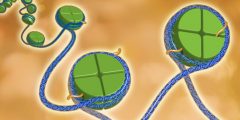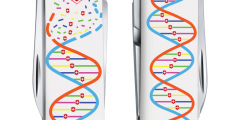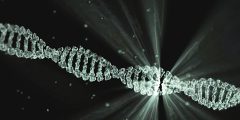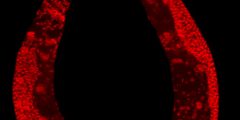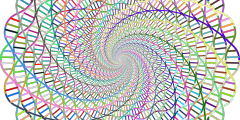Making epigenetics familiar: The visual construction of transgenerational epigenetic inheritance in the news
February 23, 2024
Some time ago I wrote a blog post with Aleksandra Stelmach and Alan Miguel Valdez about visuals used to make epigenetics public through the popular lens of transgenerational epigenetic inheritance. I then promised some image analysis. Here is a summary of what we found. The full paper by Alan Valdez and myself is available here. Introduction Epigenetics …
The Power of Plasticity: Epigenetics in Science Fiction
December 4, 2019
This is another guest post by Cath Ennis in our series of posts on epigenetics and popular culture. *** One of the fascinating things about epigenetics is how quickly some of the public perceptions of the field have raced far beyond the actual state of the science. I’ve seen and heard countless online and real …
Epi-pins: Epigenetics on Pinterest
August 23, 2019
This post has been co-authored with Cath Ennis, University of British Colombia, Vancouver (author of Epigenetics: A Graphic Guide). Cath is a Knowledge Translation Specialist with the University of British Columbia’s Human Early Learning Partnership and the Kobor Lab at BC Children’s Hospital Research Institute. *** Cath and I are interested in how epigenetics is …
Threads, worms and science communication
June 14, 2019
I thought I had written my last post about epigenetics. But then came along some ‘worms’ and I had to write another one. I have written about worms once before on the Making Science Public blog, in the context of science communication. And this blog post too will reflect on worms in the context of …
Epigenetics: A blogging retrospective
May 31, 2019
Looking back over my blog posts, I realised that I have written 15 posts on epigenetics between 2013 and now (some with Aleksandra Stelmach). It’s time to take stock. Epigenetics is the latest in a long line of developments in genetics and genomics that I have studied through the lens of metaphor analysis, from cloning …


